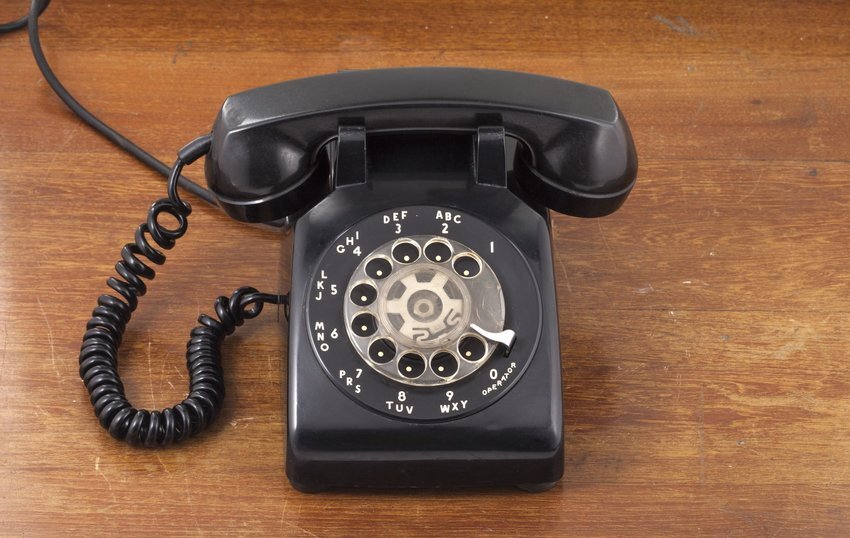Idioms, catchphrases, and sayings change with the times, just as words themselves do. Though their meanings have evolved over time, many silly-sounding phrases still in use today have very literal origins in past customs and practices. Here's a look at just a few of them.
Blackballed
In the 18th century, people belonged to social clubs where gossip was discussed and connections were made. Members were admitted through anonymous voting with different colored balls. A red ball was a positive answer, while a black ball was a negative one. To be "blackballed" meant you were found wanting, cast out, and denied membership. We don’t use the physical balls anymore, but to be blackballed still means you’re getting excluded.
CC-ing
This acronym stands for "carbon copy," which is how people used to copy handwritten messages. You would write on special carbon paper, and the pressure would transfer your writing to another copy. Today, we would just use a photocopier, but the idea of making copies still lingers in email terminology.
In the Nick of Time
During the 18th century, business owners would keep track of debts, interests, and loans on “tally sticks,” with notches carved on the wood. When you arrived to pay off your debt right before the next notch was carved, you had arrived "in the nick of time."
Roll up the Window
Are you old enough to remember when cars didn’t have automatic windows? Drivers and passengers used to need a small crank to move them up or down. This phrase refers to this action and is still in use — even though all newly manufactured cars feature push-button mechanisms to complete this task.
Dial a Number
Before cell phones and push-button landline phones, people used rotary phones, where you would have to spin a dial to call any number. The concept of "dialing a number" has stuck with us in the present day.
Burning the Midnight Oil
This is a reference to the times before electricity, when houses were lit by oil-powered lamps. It refers to staying up late and burning the oil and creating more light for yourself at midnight.
World Wide Web
This is more modern than the other terms on this list, but it’s a reminder that language moves and changes very quickly. When the internet was still in its infancy as a public resource, you were required to type "www." before each website domain in a browser. "WWW" stood for "world wide web." Now that websites automatically populate this into the search bar, we don’t need to type it, and the phrase "world wide web" has fallen out of fashion.

